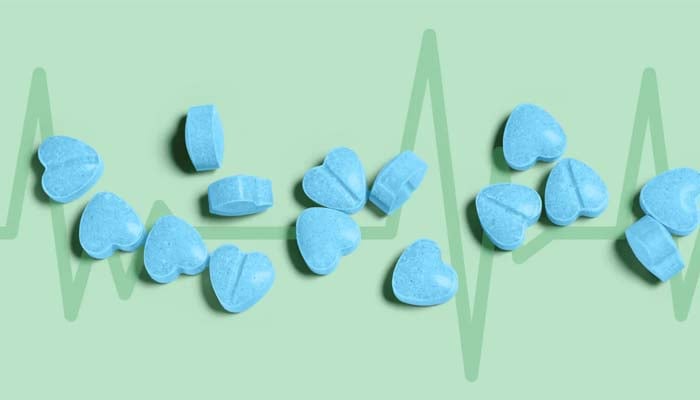
Propranolol, a kind of beta-blocker, is frequently prescribed as a go-to solution for managing health disorders such as anxiety.
Originally approved by the FDA in 1967 to treat hypotension, cardiovascular disorders such as arrhythmias.
Propranolol is now widely used to treat anxiety symptoms, which include excessive worry, difficulty concentrating, and more, particularly prior to stressful events.
Notably, Propranolol’s prescriptions have exponentially risen 28% since 2020, making it the fastest-growing medicines in its class.
Mechanism of action
Beta-blockers manage the body’s sympathetic, fight or flight response by inhibiting adrenaline from stimulating beta receptors in heart, resulting in the decrease of myocardial oxygen demand, blood pressure reduction, and calming down an individual.
It prevents sweating, tachycardia, trembling voice and hands, and dizziness.
Moreover, it can also affect the central nervous system (CNS) by crossing the blood-brain barrier.
Off-Label use for anxiety
It is pertinent to mention that FDA has not approved Propranolol for anxiety, so it’s commonly prescribed off-label.
Many people, especially women, consume it before any special event to soothe their rising pulses, going on first dates, and delivering any performance on stage.
Nowadays, many CEO’s, actors, and musicals are depending on it to stay calm under pressure.
How does it work?
Its effects are felt for one to two hours, and it's effective for short-term use, event-based anxiety rather than chronic conditions.
Adverse effects
Propranolol's side effects include dizziness, cold hands, fatigue, or digestive issues.
Severe complications may lead to a very slow heartbeat or patients are likely to experience dyspnea (shortness of breath) that requires immediate treatment.
Contraindication
People suffering from asthma, hypoglycemia, very slow heart rates, or advanced heart failure must consult their doctor before using it.
Propranolol offers a reliable and rapid way to treat anxiety’s physical symptoms. While not a cure for anxiety, it’s becoming a trusted tool for confidence in life’s most high-pressure moments.
